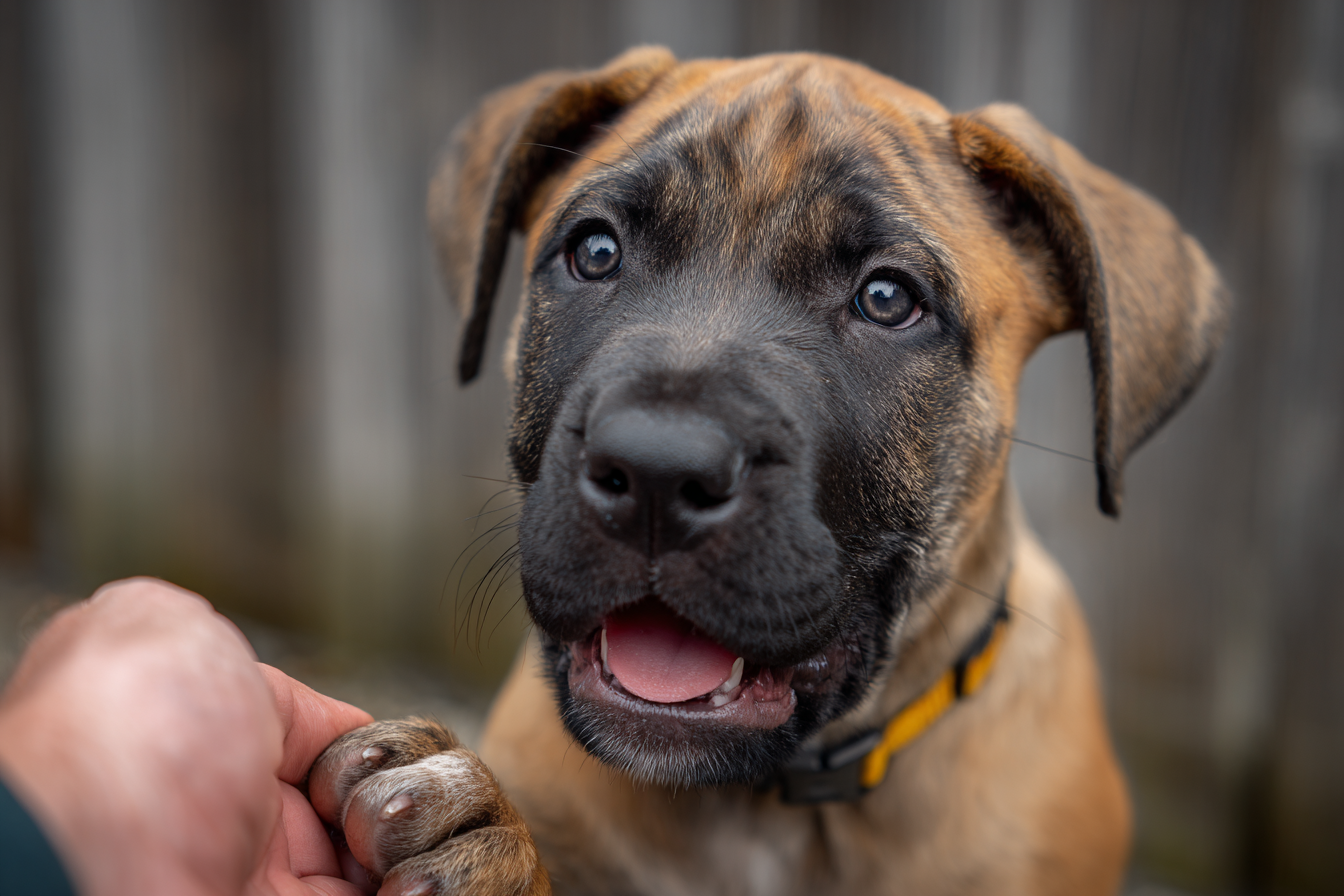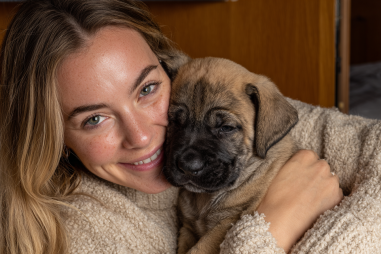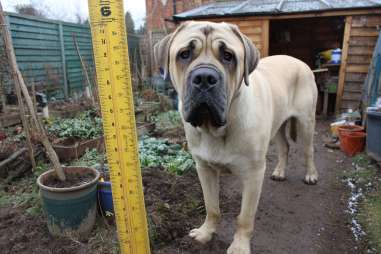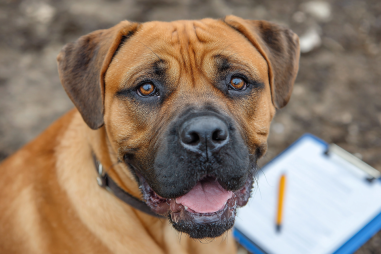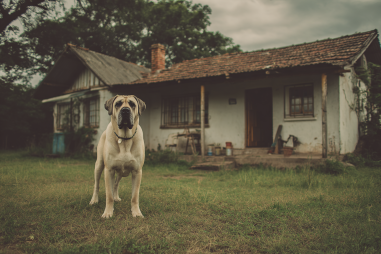Bringing home a Boerboel puppy is a thrilling experience filled with love and excitement. Known for their loyalty, intelligence, and protective nature, Boerboels are magnificent dogs that thrive under proper guidance from a young age. Training your Boerboel puppy early sets the stage for a well-mannered and confident adult dog, making your bond stronger and everyday life easier. In this article, we’ll explore essential tips to help new owners train their Boerboel puppies effectively, covering everything from basic obedience to socialization and positive reinforcement strategies.
Why Early Training Is Essential for Boerboel Puppies
Starting training early is critical, especially for a breed as powerful and intelligent as the Boerboel. At a young age, puppies are like sponges, eagerly absorbing new experiences and learning how to navigate their environment. Early training helps establish boundaries and teaches your puppy what behavior is expected of them, preventing problems such as aggression, excessive barking, or destructive chewing later in life.
Boerboels grow quickly and develop a strong physical presence, so it’s crucial to train them when they are still manageable in size and impressionable in behavior. Delaying training may result in a dog that is harder to control and less responsive to commands. Additionally, early socialization, which is part of training, ensures that your Boerboel becomes comfortable around other people and pets, reducing anxiety and fear-based reactions as they mature.
Basic Obedience Commands to Start With
When beginning training with your Boerboel puppy, focus on teaching simple, foundational commands that will form the basis of good behavior. These commands include:
- Sit: A fundamental command that helps establish your authority and control.
- Stay: Teaches your puppy patience and to remain calm in one place.
- Come: Vital for safety, the recall command ensures your puppy returns to you when called.
- Down: Helps your dog settle and relax on command.
- Leave it: Prevents your puppy from picking up or ingesting harmful objects.
Consistency is key when teaching these commands. Use short, clear verbal cues combined with hand signals. Keep training sessions brief—around 5 to 10 minutes—to maintain your puppy’s attention, and practice multiple times a day.
Crate Training and Housebreaking
Crate training and housebreaking are two vital components of early puppy training that contribute to a well-behaved Boerboel. A crate offers a safe, den-like space for your puppy, promoting calmness and helping with anxiety management when you’re not around.
Start crate training by making the crate a positive environment: place soft bedding inside, offer treats, and make sure the crate is inviting. Gradually increase the time your puppy spends inside while you’re at home to build comfort. Remember never to use the crate as a punishment, as this can create negative associations.
For housebreaking, establish a consistent potty schedule, ideally taking your puppy outside first thing in the morning, after meals, and before bedtime. Praise and reward your puppy immediately after they eliminate in the designated area to reinforce this good behavior.
Socialization with People and Other Animals
Socialization is a cornerstone of raising a balanced Boerboel puppy. Introducing your dog to a wide variety of people, animals, environments, sounds, and situations early on helps build confidence and reduces the chances of fear or aggression later in life.
Expose your puppy to gentle handling by different people, including adults and children, so they become comfortable with human interaction. Meeting other vaccinated, friendly dogs and animals under supervision teaches appropriate social cues and reduces the risk of reactive behavior.
Take your puppy on walks in diverse settings like parks, busy streets, and pet-friendly stores to acclimate them to different sights and sounds. Be patient and allow your puppy to explore safely at their own pace, making each experience positive with praise and treats.
Positive Reinforcement and Consistency
Positive reinforcement is the most effective and humane training method, especially for sensitive and intelligent breeds like the Boerboel. Reward desirable behaviors with treats, toys, affectionate praise, or playtime. This motivates your puppy to repeat good behavior rather than resorting to punishment, which can cause fear and damage the trust between you and your dog.
Consistency in commands, routines, and expectations is vital. Make sure all family members use the same verbal cues and rules so the puppy receives a clear and unified message. Mixed signals can confuse your puppy and slow down training progress.
Remember that patience and calmness during training sessions go a long way. Celebrate small wins, and approach setbacks as normal learning curves rather than failures.
Handling Common Challenges
Training a Boerboel puppy can come with a few common challenges, but armed with the right techniques, you can handle them effectively.
- Chewing and Biting: Puppies explore the world with their mouths, so redirect chewing towards appropriate toys, and discourage biting by withdrawing attention when play gets too rough.
- Jumping Up: Teach your puppy to greet people politely by rewarding them only when all four paws are on the ground and ignoring jumping behavior.
- Excessive Barking: Identify triggers that make your puppy bark and work on desensitization exercises coupled with commands to quiet down.
- Distraction During Training: Start training in quiet, low-distraction environments. Gradually increase distractions as your puppy becomes more reliable.
Should you encounter persistent behavioral issues beyond your ability to manage, don’t hesitate to seek help from professional dog trainers or behaviorists experienced with Boerboels.
Training your Boerboel puppy is a rewarding journey that requires time, effort, and love. With early and consistent training focusing on obedience, socialization, and positive reinforcement, you’ll help your puppy grow into a well-behaved, confident, and happy adult dog. Remember to enjoy the bonding process along the way, as a well-trained Boerboel is not only a loyal protector but a beloved member of your family.

